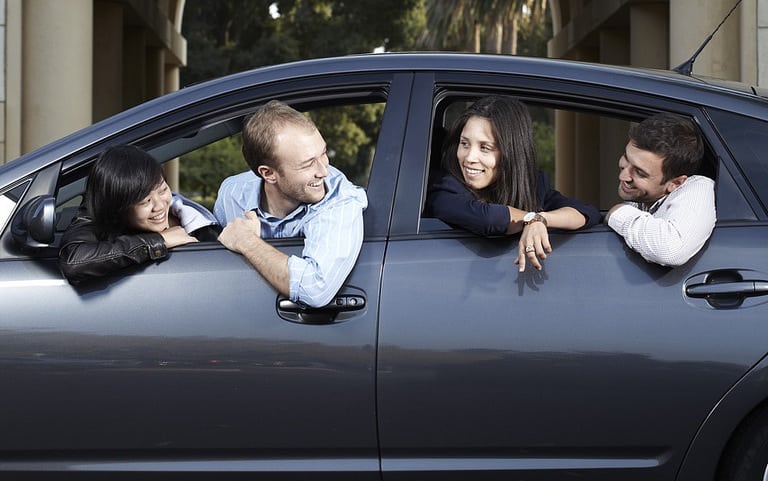Skift Take
The sharing economy may be a threat to traditional players, but it also provides a blueprint for future success.
In December we released our latest report, “What the Sharing Economy Means to the Future of Travel“, looking at the economic, social, and technological changes that are driving customers toward the sharing economy and how it is affecting the incumbent players in the travel industry. It is the most definitive state-of-the-market report on this big growth sector in travel. We’re extracting a portion on its effects on the hotel industry below. Get the full picture, buy the report.
Expensive items that are used very infrequently are the low-hanging fruit for the sharing economy.
According to RelayRides, a car-sharing startup, the average automobile is only in use for an hour a day, but costs as much as $715 per month. Assured Research says that the more than 200 million cars in the United States sit idle for 90 percent of their useable capacity. It is no wonder that environmentally conscious and cash-starved riders and car owners are eager to share ground transport.
Here’s what traditional ground transport players can learn from the upstarts.
Vehicle variety: By renting out the cars that people actually drive, sharing companies offer the same level of variety as the actual road. This is how the sharing economy allows renters to affordably access luxury that would otherwise be out of their reach. If you are in the market for Mercedes or a cheap ride, you can find something that fits your style.
Convenience: It is possible to find a car or ride nearby rather than having to go all the way to the train station or airport to get a train or rent a car. This is one major advantage for Avis’ Zipcar, which has cars ready in multiple locations throughout cities where it operates.
Read more about what collaborative consumption and the sharing economy mean to the future of travel.
Low price: The biggest advantage that the ridesharing option offers is a lower price than other options. Users are price conscious, and mainstream players could target those users for discounts. Carpooling.com gets a major revenue stream from making referrals to Deutsche Bahn, the national rail line. Deutsche Bahn targets Carpooling customers with options that might suit their needs better. The same could go for ground transport, low cost air carriers, and bus companies.
Social element: Some people are attracted to the personal side of the vehicle-sharing business, just as they are with peer-to-peer accommodation. Carpooling even claims responsibility for 16 marriages. When Zimride asked Cornell University students whether they would like to take a trip with a complete stranger, most said no. If that stranger was a fellow student at Cornell, they were much more willing to ride with them. However, we ride alongside strangers and share cramped spaces with them every time we travel.
The Daily Newsletter
Our daily coverage of the global travel industry. Written by editors and analysts from across Skift’s brands.
Have a confidential tip for Skift? Get in touch
Tags: sharing

